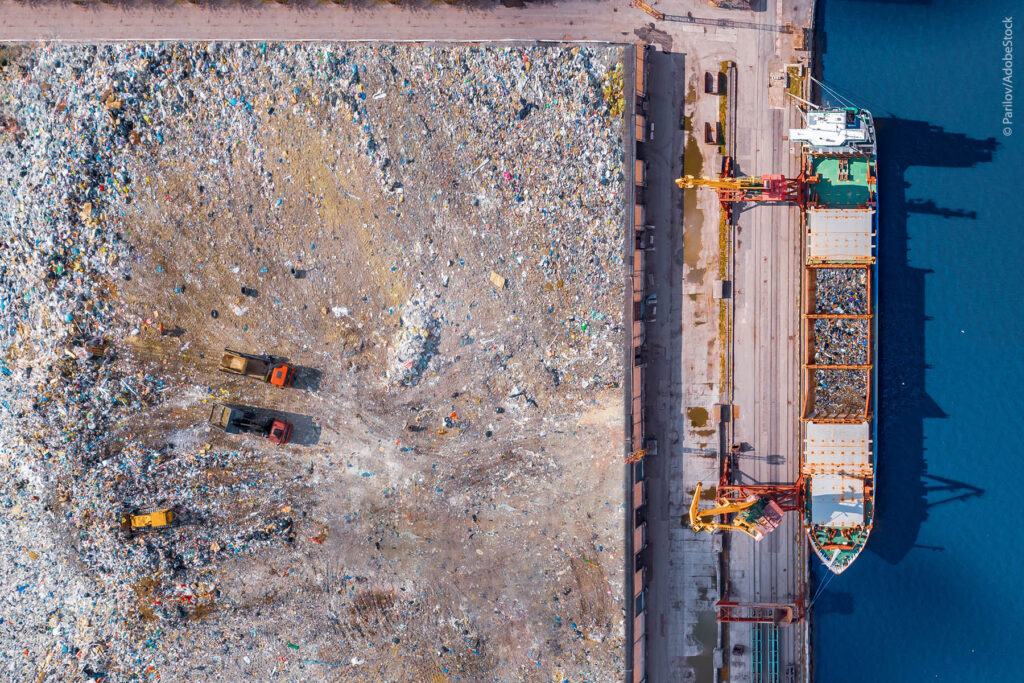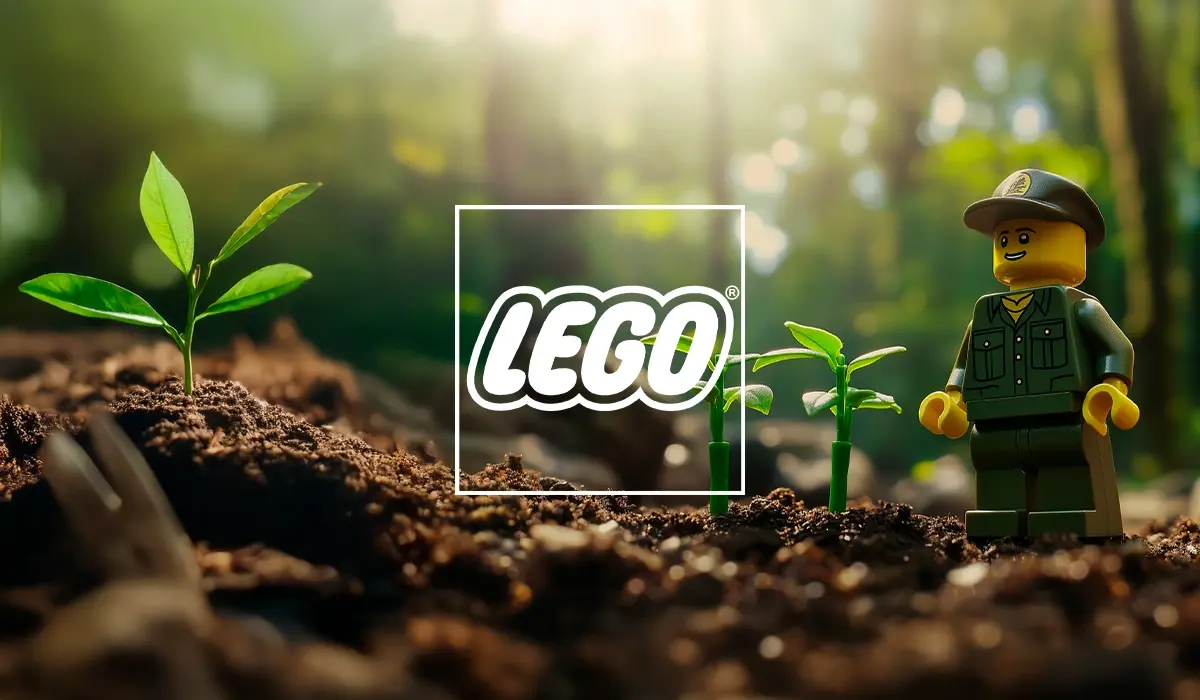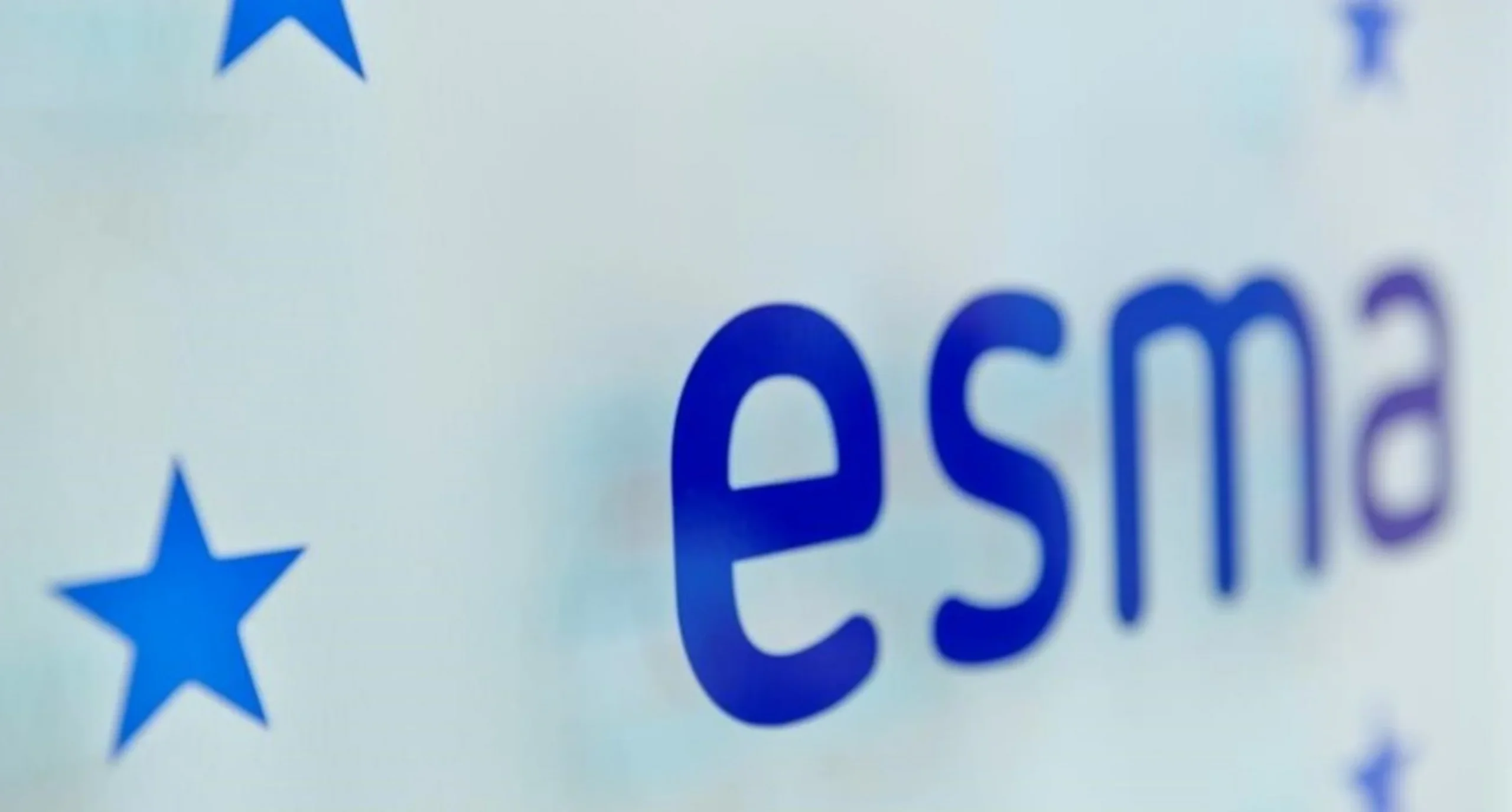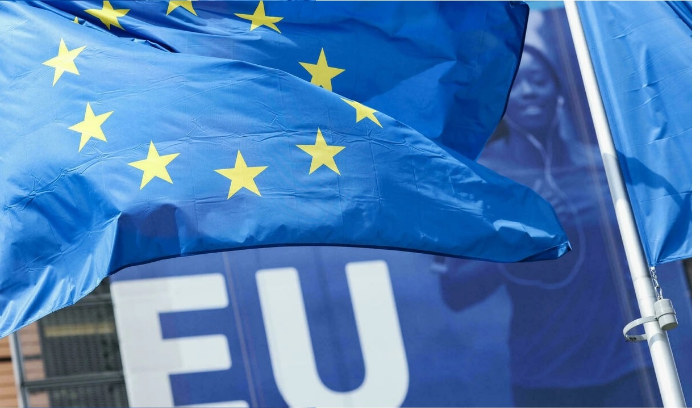New EU Agreement Tightens Rules on Waste Shipments, Boosts Circular Economy

|
Listen to this story:
|
- Tougher measures to protect the environment and human health
- Exporting plastic waste to non-OECD countries to be prohibited
- Shipping of waste destined for disposal in another EU country to be allowed only exceptionally
- Waste shipped outside the EU must be managed in an environmentally sound manner
On Thursday night, Parliament and Council reached a provisional agreement on revising EU procedures and control measures for waste shipments.
The agreed law aims to protect the environment and human health more effectively, while contributing to achieve the EU’s climate neutrality, circular economy and zero pollution goals.
Strengthening the rules governing exports of waste outside the EU
EU exports of certain non-hazardous wastes and mixtures of non-hazardous wastes for recovery (i. e. to be used for other purposes) will be allowed only to those non-OECD countries that consent and fulfil the criteria to treat such waste in an environmentally sound manner, including by complying with international labour and workers’ rights conventions. The Commission will draw up a list of such recipient countries, to be updated at least every two years.
Parliament ensured that plastic waste can no longer be exported to non-OECD countries within two and a half years after the entry into force of the regulation. Plastic waste exports to OECD countries will be subject to stricter conditions, including an obligation to apply the prior written notification and consent procedure, and closer compliance monitoring.
Better information exchange and clearer rules for shipments within the EU
Negotiators agreed that all shipments of waste destined for disposal in another EU country are generally prohibited and allowed only in exceptional cases. Waste shipments destined for recovery operations will have to meet strict requirements on prior written notification, consent and information.
The new law also foresees, two years after its entry into force, that the exchange of information and data on waste shipments in the EU will be digitalised, through a central electronic hub, to improve reporting and transparency.
Related Article: Walmart Doubles Down on Reducing Waste by Switching to New Sustainable Packaging
Reinforcing prevention and detection of illegal shipments
The deal endorses the establishment of an enforcement group to improve cooperation between EU countries to prevent and detect illegal shipments. The Commission will be able to carry out inspections, in cooperation with national authorities, where there is sufficient suspicion that there are illegal waste shipments occurring.













